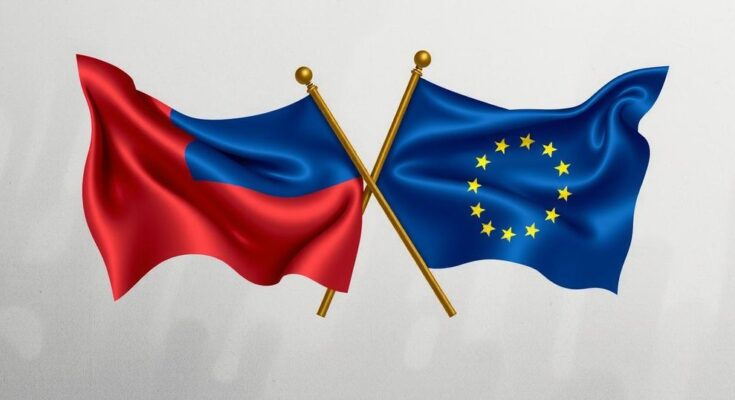Russia and Uzbekistan have adopted a military strategic partnership program lasting until 2030, including 50 joint military activities slated for 2025. While close to Russia, Uzbekistan has not supported the invasion of Ukraine. The partnership builds on a prior defense cooperation treaty from 2017.
On Wednesday, Russia and Uzbekistan formalized a military strategic partnership program that will extend through 2030, as announced by Russia’s Defense Ministry. This initiative aims to strengthen ties with traditional allies amid increasing isolation from Western nations. The outlined plan includes 50 unspecified “joint military activities” set for 2025, leading to broader strategic operations from 2026 through 2030.
During a visit to Tashkent, Russian Defense Minister Andrei Belousov officially established the agreement. Although Uzbekistan enjoys a close relationship with Russia, it has concerned itself with avoiding any endorsement of Moscow’s extensive invasion of Ukraine. Furthermore, the Uzbek government has cautioned its citizens against engaging in mercenary roles due to the risk of criminal prosecution.
While Uzbekistan remains economically aligned with Russia, it has opted out of joining Moscow-led entities, such as the Eurasian Economic Union (EAEU) and the Collective Security Treaty Organization (CSTO). In 2017, both countries signed a defense cooperation treaty featuring agreements on arms supplies, military assistance, maintenance, and joint research and development initiatives.
In conclusion, the partnership between Russia and Uzbekistan, outlined in the newly adopted military strategic program, represents a significant step in enhancing their military cooperation. As the two nations engage in joint activities through 2030, Uzbekistan’s cautious stance regarding Russia’s actions in Ukraine and its avoidance of military alliances demonstrate a nuanced approach to international relations. This partnership indicates Russia’s intent to maintain influence in Central Asia despite geopolitical challenges.
Original Source: www.themoscowtimes.com




